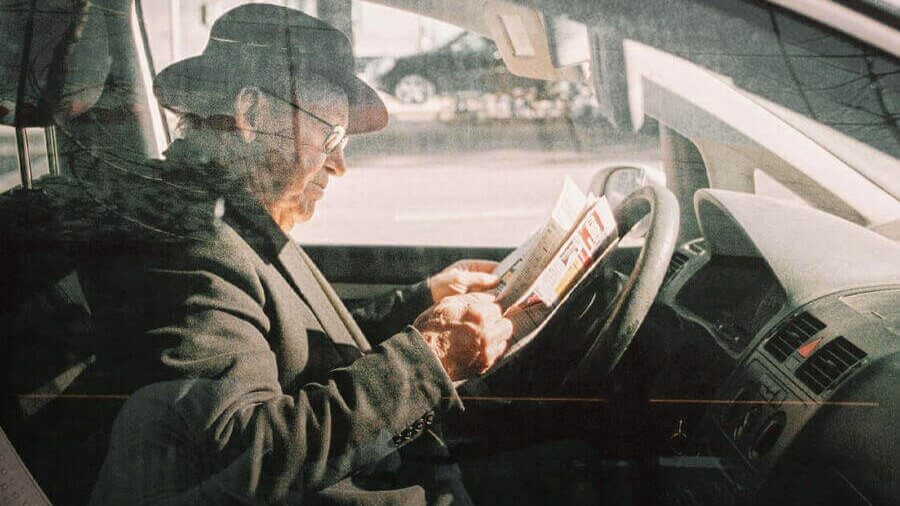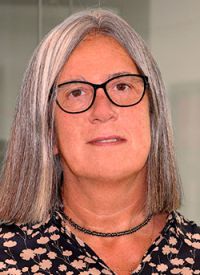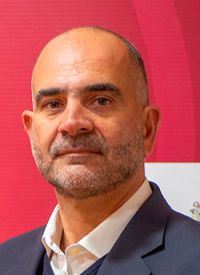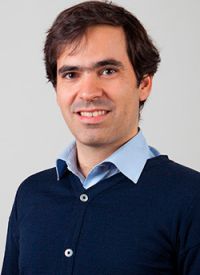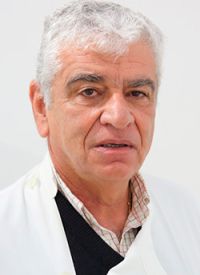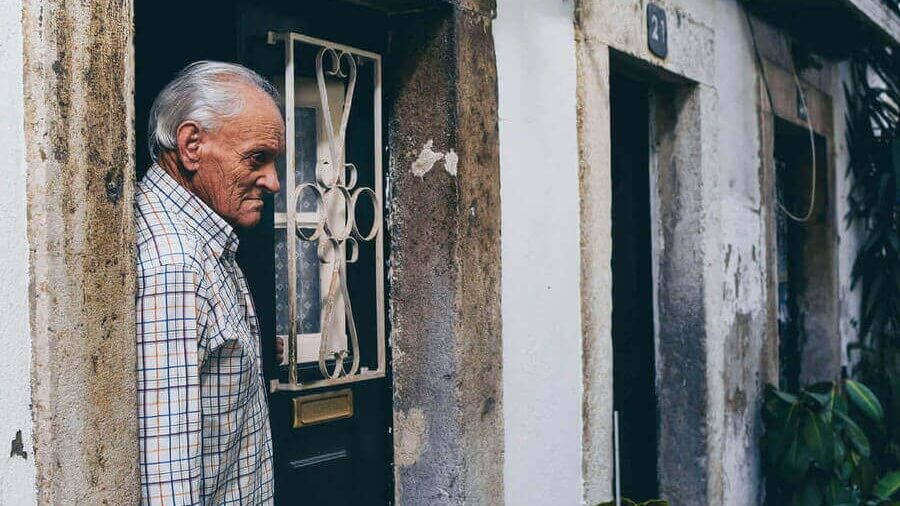Sessão 9
Portfolio
17/03/2021
Centros Locais de Gestão de Informação na área da Longevidade & Envelhecimento
Descrição
A promoção do envelhecimento na comunidade (Ageing in place) requer o desenvolvimento de sistemas integrados de partilha de informação, que permitam uma gestão eficaz e eficiente dos recursos disponíveis na comunidade. Estes Centros Locais de Gestão de Informação permitem, por um lado, a deteção precoce de pessoas em situação de vulnerabilidade e a identificação das suas necessidades e, por outro lado, a gestão integrada e intersetorial dos recursos-chave para a efetivação do paradigma do envelhecimento na comunidade (p.e. saúde, social, habitação, segurança). Contudo, estes sistemas enfrentam grandes desafios relacionados com o nível de confiança com que são percecionados, razão pela qual deverão assentar nos princípios da ética da responsabilidade, do compromisso e da transparência.
A 9ª sessão do Simpósio Interações procurará dar a conhecer experiências nacionais e europeias da gestão integrada e colaborativa de informação na área da longevidade e do envelhecimento.
Oradores

Pilar Solanes Salse
Departament d’Atenció Social per a la Gent Gran i per a la Promoció de l’Autonomia Persona



